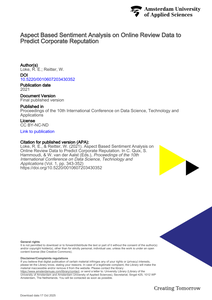Turkey has received consistent criticism from international media for having many naturalized athletes in its national squad, both in the Olympic Games and other major international sporting events. Similar criticisms have also been a feature of debates for a long time in domestic media, varying in views toward these athletes. This research focuses on media representations of naturalized athletes in Turkey between 2008 and 2020. We investigated the sentiments of news items from four major Turkish newspapers (Milliyet, Cumhuriyet, Sabah and Fanatik) on their stances toward naturalized athletes over the timespan of 2008–2020. Beside analyzing the sentiment of the media content both cumulatively and fragmentedly, we also identified the yearly trends and most featured sports in this context, combining qualitative and quantitative techniques. Our findings showed that sentiments in Turkish media toward naturalized athletes are mostly neutral and negative as well as with differences varying on the basis of the newspapers and news item types. The most criticism underlined pursuing “shortcut” success with naturalized athletes representing Turkey in the international arena. Among the featured sports, basketball, football, and track and field have been the most discussed ones in the naturalization context.
DOCUMENT

Corporate reputation is an intangible resource that is closely tied to an organization’s success but measuring it and to derive actions that can improve the reputations can be a long and expensive journey for an organization. In the available literature, corporate reputation is primarily measured through surveys, which can be time and cost intensive. This paper uses online reviews on the web as the source for a machine-learning driven aspect-based sentiment analysis that can enable organizations to evaluate their corporate reputation on a fine-grained level. The analysis is done unsupervised without organizations needing to manually label datasets. Using the insights generated through the analysis, on one hand, organizations can save costs and time to measure corporate reputation, and, on the other hand, it provides an in-depth analysis that splits the overall reputation into multiple aspects, with which organizations can identify weaknesses and in turn improve their corporate reputa tion. Therefore, this research is relevant for organizations aiming to understand and improve their corporate reputation to achieve success, for example, in form of financial performance, or for organizations that help and consult other organizations on their journeys to increased success. Our approach is validated, evaluated and illustrated with Trustpilot review data.
DOCUMENT
